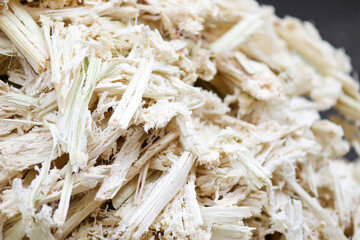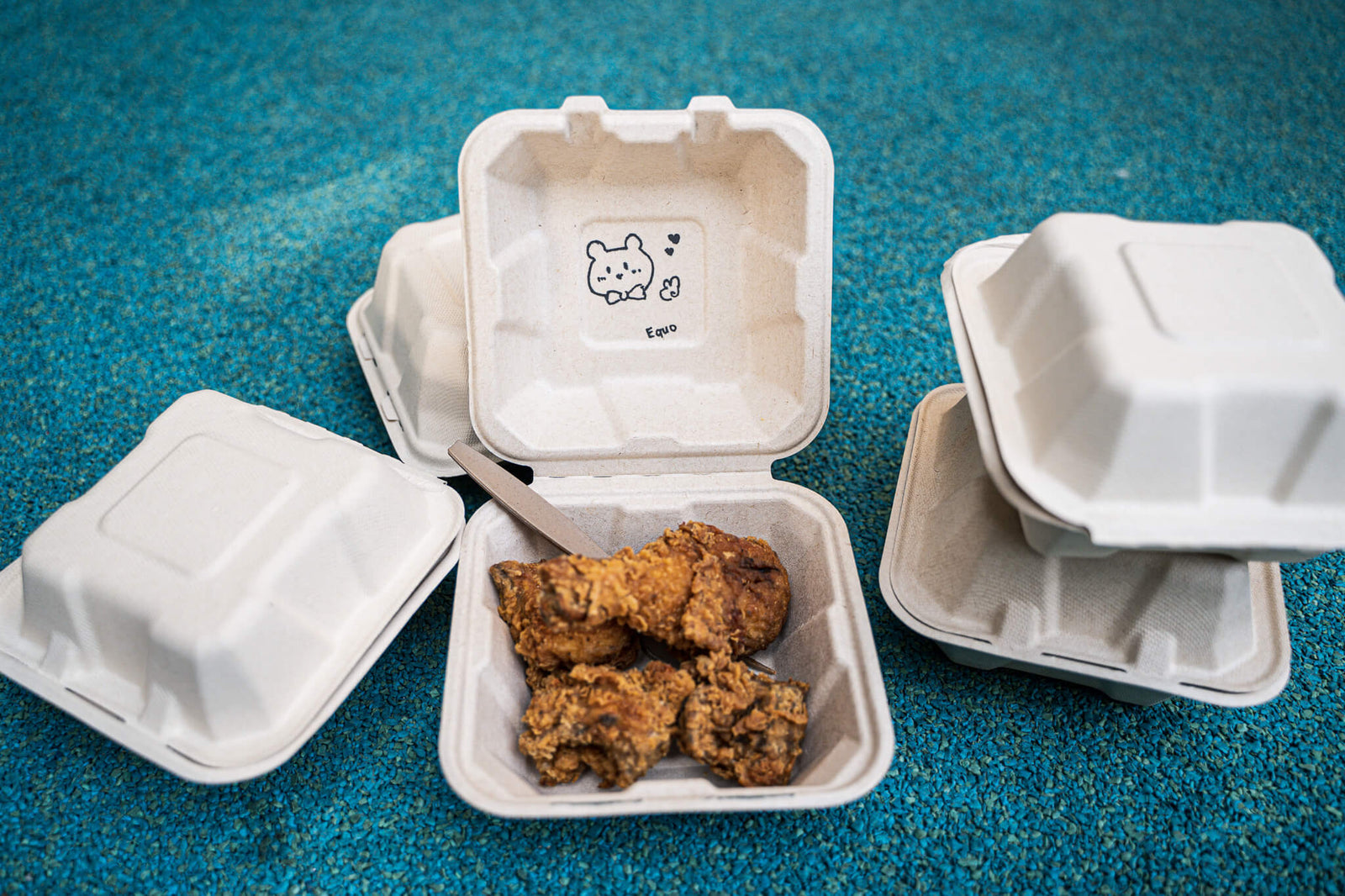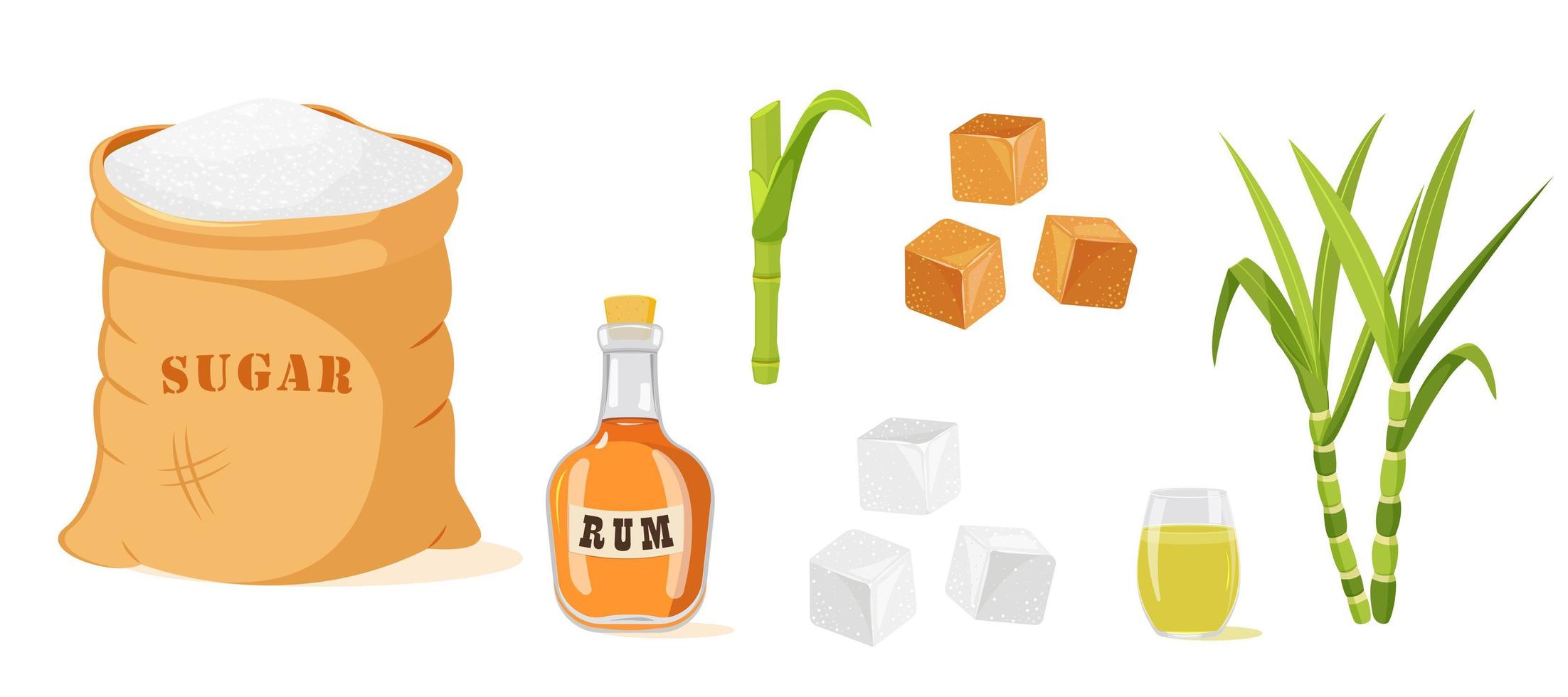Sustainable Sugarcane Products: From Sweeteners to Eco-Friendly Goods
The potential of lasting sugarcane products extends past standard sweeteners to incorporate a range of eco-friendly items, providing a compelling situation for their integration right into modern consumer methods. As the globe grapples with pressing environmental concerns, sugarcane emerges as a versatile source capable of attending to both nutritional requirements and sustainability objectives.
Introduction of Sugarcane Sustainability
As the demand for eco-friendly products expands, understanding sugarcane sustainability comes to be progressively important. Sugarcane, a flexible plant, is cultivated mainly in exotic and subtropical areas, and its sustainability is important for both ecological health and economic feasibility. Sustainable sugarcane farming practices concentrate on decreasing ecological impact while taking full advantage of productivity and success.
Trick aspects of sugarcane sustainability consist of efficient land usage, lowered chemical input, and improved water management. Practices such as crop turning, incorporated pest administration, and natural fertilizing add to dirt health and biodiversity. Furthermore, cutting-edge technologies, such as precision agriculture, help maximize source usage and reduce waste.
Moreover, sugarcane is a renewable energy, with byproducts that can be used in numerous industries, from biofuels to naturally degradable plastics, consequently minimizing dependence on fossil fuels and reducing carbon footprints. Accreditations like the Bonsucro typical encourage sustainable methods throughout the supply chain, promoting transparency and accountability.

Sugarcane-Based Sweeteners
Using sugarcane as a key resource, sugarcane-based sugar have gained prestige as all-natural choices to refined sugars and artificial sweeteners (sugarcane product). These sweeteners, stemmed from the removal and processing of sugarcane juice, provide a variety of items that cater to diverse customer choices, consisting of organic and minimally refined choices
Raw walking cane sugar keeps even more of the all-natural tastes and nutrients found in sugarcane, making it a preferred choice for health-conscious customers. Panela, a conventional Latin American sugar, is created by vaporizing sugarcane juice, preserving its natural minerals and vitamins.
The expanding demand for sugarcane-based sugar is driven by boosting recognition of health and sustainability concerns related to standard sweeteners. By picking sugarcane-derived items, customers not only sustain lasting farming methods however additionally add to a much healthier way of life, straightening their nutritional selections with their environmental worths.
Naturally Degradable Packaging Solutions
Becoming a viable option to conventional plastics, biodegradable packaging remedies obtained from sugarcane are changing the packaging sector. These ingenious products supply an environmentally friendly option that addresses the expanding worries over plastic pollution. Using the all-natural sugars located in sugarcane, manufacturers are creating various forms of eco-friendly packaging, including films, containers, and wraps that decay more swiftly than standard plastics.
The key benefits of sugarcane-based packaging hinge on its eco-friendly sourcing and its capacity to break down into non-toxic by-products. Unlike fossil fuel-derived plastics, which can persist in the environment for centuries, sugarcane packaging typically disintegrates within a few months under proper problems. This reduction in waste not only minimizes land fill overflow but additionally decreases the carbon impact connected with packaging products.
Furthermore, sugarcane-derived packaging keeps robust efficiency characteristics, providing similar longevity and capability to conventional options. As consumers and organizations significantly focus on sustainability, the fostering of eco-friendly product packaging remedies represents a considerable step towards a circular economic climate, where materials are reused and restored instead of discarded. This shift not just boosts brand name picture yet additionally adds to an extra lasting future for the earth.
Eco-Friendly Textiles and Fabrics
Green fabrics and materials are acquiring traction in the style and home goods sectors as consumers increasingly require lasting choices to traditional materials. Amongst the remarkable alternatives are textiles stemmed from sugarcane, which offer an environmentally liable choice to artificial fibers. These textiles are produced through a process that makes use of the eco-friendly sources discovered in sugarcane, dramatically lowering dependence on petroleum-based products.

Brand names are significantly incorporating eco-friendly textiles into their product lines, mirroring a wider commitment to sustainability. This change is not simply a trend but a necessary evolution in action to environmental concerns. As the marketplace for lasting fabrics increases, customers can look ahead to innovative styles that integrate style with ecological responsibility. Ultimately, environmentally friendly textiles and fabrics represent a significant action towards reducing the garment industry's ecological footprint while accommodating the expanding demand for liable customer selections.
Innovations in Lasting Farming
Reinventing farming methods, technologies in sustainable farming are transforming the means plants are expanded and handled. These innovations concentrate on minimizing environmental effect while taking full advantage of effectiveness and efficiency. Techniques such as precision farming utilize information analytics and satellite imagery to optimize source usage, guaranteeing that water, plant you can find out more foods, and chemicals are applied only where needed. This targeted technique not just lowers waste yet likewise boosts crop yields.

Additionally, agroecology, which integrates ecological concepts right into farming, advertises biodiversity and soil health and wellness. Practices such as plant turning, cover cropping, and intercropping foster resistant ecosystems that can withstand insects and climate variants - sugarcane product. In addition, the use of organic plant foods and biopesticides adds to much healthier soils and ecosystems

Together, these developments are not just improving the farming landscape but additionally adding to a much more lasting future for sugarcane and various other plants, straightening agricultural exercise with ecological stewardship.
Conclusion
Lasting sugarcane products represent a considerable improvement in environmentally friendly options, extending from natural sugar to biodegradable items. As consumer choices increasingly lean in the direction of lasting options, the versatility of sugarcane as a renewable source becomes significantly relevant.
The potential of sustainable sugarcane products expands beyond typical sweeteners to include a range of environment-friendly products, presenting a compelling situation for their integration into modern-day consumer techniques. Sustainable sugarcane farming methods focus on reducing ecological impact while making best use of productivity and productivity.
Sustainable check my reference sugarcane items represent a considerable development Going Here in environment-friendly alternatives, extending from natural sweeteners to eco-friendly goods. The growing of sugarcane through sustainable practices not only boosts ecological health yet also contributes to financial viability. As consumer choices progressively lean towards sustainable choices, the versatility of sugarcane as a renewable source ends up being progressively appropriate.